Swiss criticise UN sanctions regime
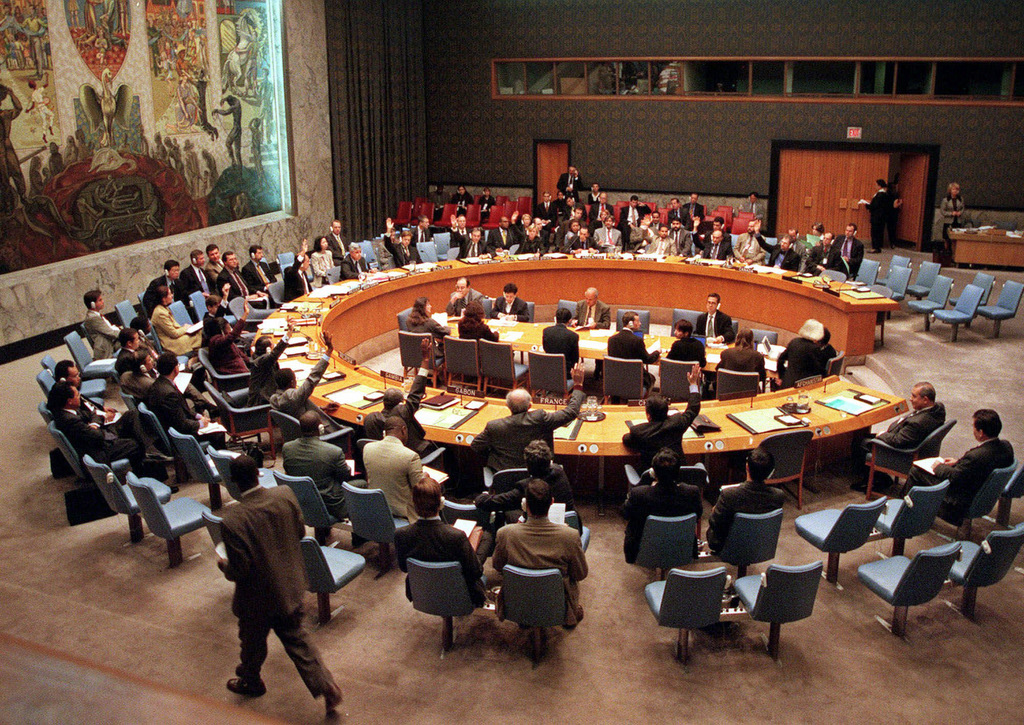
A group of countries, including Switzerland, has called on the United Nations Security Council in New York to introduce the possibility of appeal for people who find themselves on the body’s sanctions list.
Switzerland welcomed the Security Council’s resolution from June 2011, which introduced measures to improve the sanctions regime such as the creation of an ombudsman.
Paul Seger, Switzerland’s ambassador to the UN, said these measures had led to an improvement in the respect for human rights and the rule of law.
He added, however, that the right to a fair and open hearing before an effective, independent and objective court was still not being respected enough.
In addition, the group of countries wanted the ombudsman to be responsible not only for sanctions against al-Qaeda, as is currently the case, but to be anchored in the entire UN sanctions regime.
The period of office of the ombudsman should also be extended and the exchange of information between UN member states and the ombudsman should be intensified, according to the group.
Lack of evidence
The sanctions regime was established by the Security Council in 1999 to avert an imminent threat to international peace and security. The Council, through its Sanctions Committee, is responsible for designating individuals and entities on the sanctions list.
Member states are then be obliged to impose financial and travel sanctions – as well as an arms embargo – on people suspected of having connections to al-Qaeda or the Taliban.
In Switzerland, headlines were made in September 2012 when the European Court of Human Rights ruled that Switzerland had violated the human rights of Egyptian businessman Youssef Nada by restricting his cross-border movements after he was put on a blacklist on suspicions of financing terrorism.
Nada was accused by the United States of helping finance the 9/11 terrorist attacks and placed on the UN Security Council sanctions list. When Switzerland implemented the sanctions, the individuals or groups affected were banned from entering or transiting through Switzerland. In Nada’s case, no evidence against him was ever found, yet he remained trapped in an Italian enclave within Switzerland for several years.
The court in Strasbourg ruled that “Switzerland should have taken all possible measures, within the latitude available to it, to adapt the sanctions regime to the applicant’s individual situation”. The court said Switzerland was to pay Nada €30,000 (SFr36,100) to cover his costs and expenses.
The United Nations Security Council is made up of 15 countries – the permanent five with veto rights – and ten other rotating members elected for two-year terms.
The council is the UN’s most powerful organ. It has the authority to send UN peacekeeping forces into conflict zones.
The council can also authorise enforcement measures, economic sanctions or collective military action.

In compliance with the JTI standards
More: SWI swissinfo.ch certified by the Journalism Trust Initiative
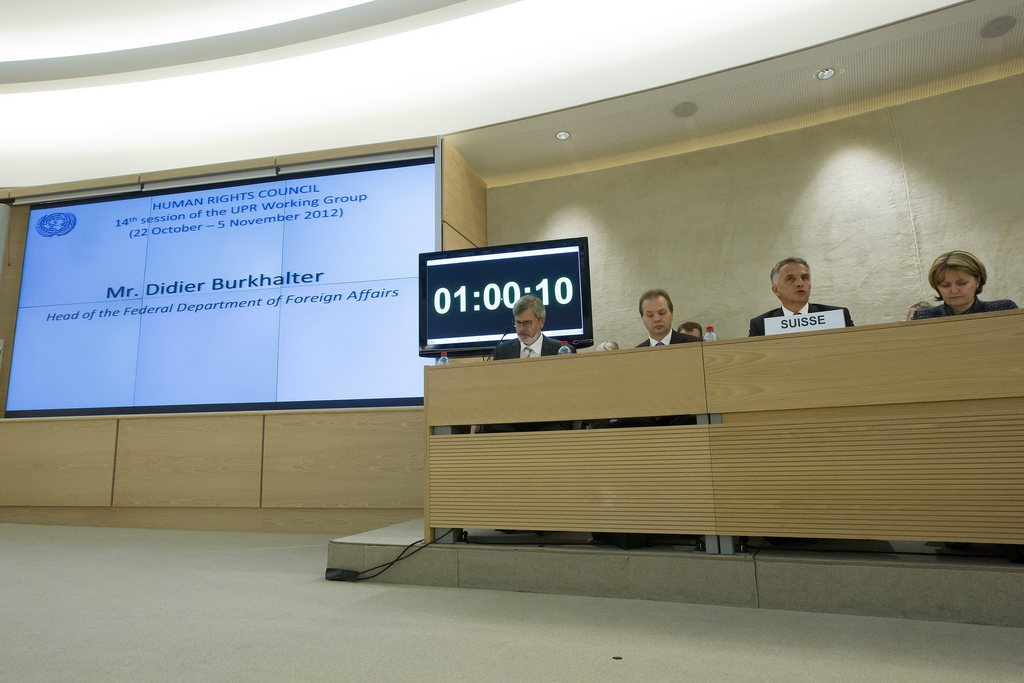
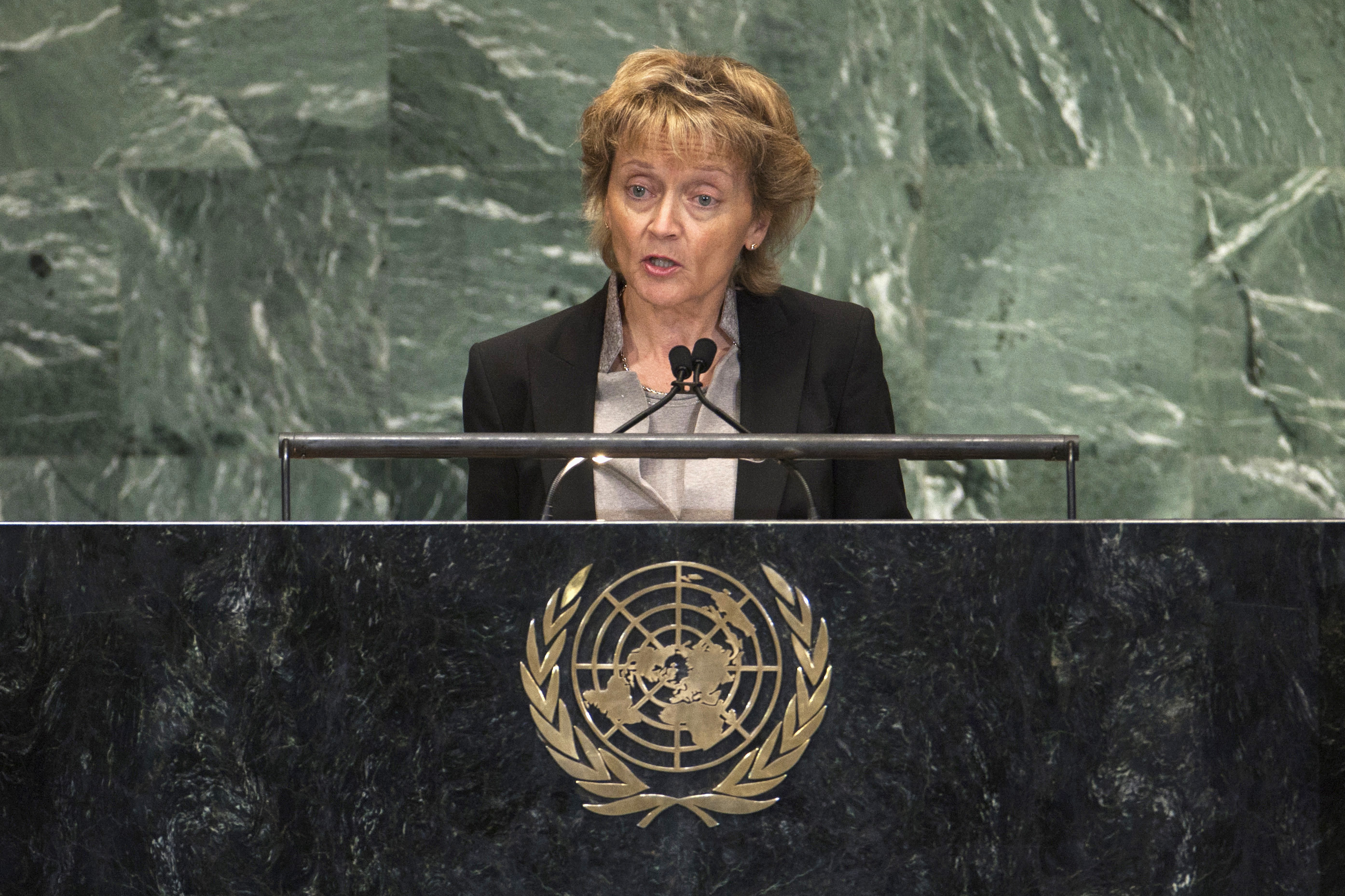
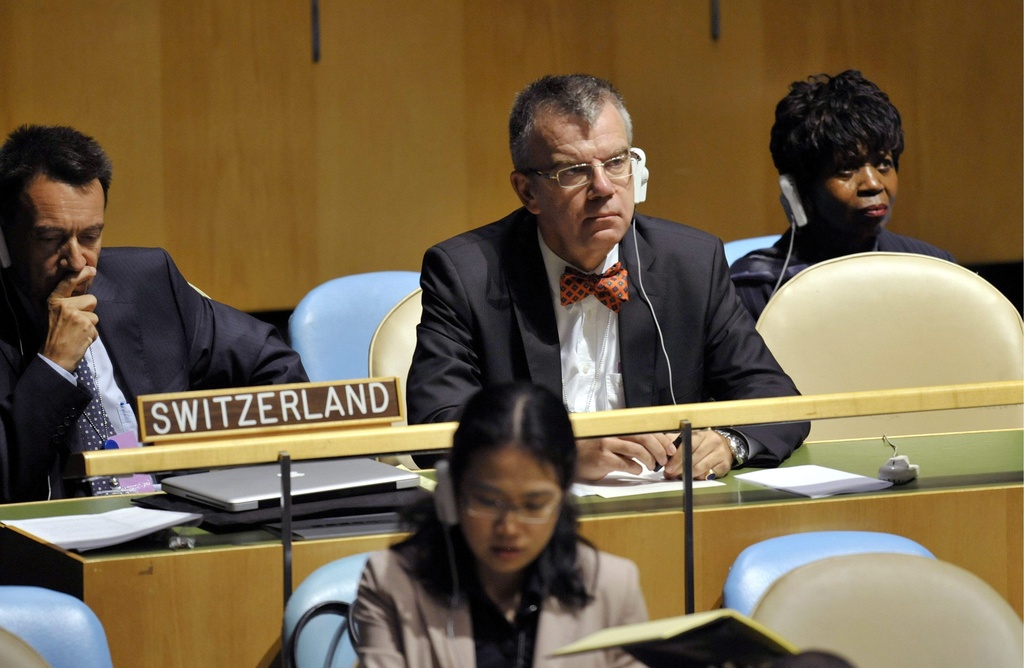
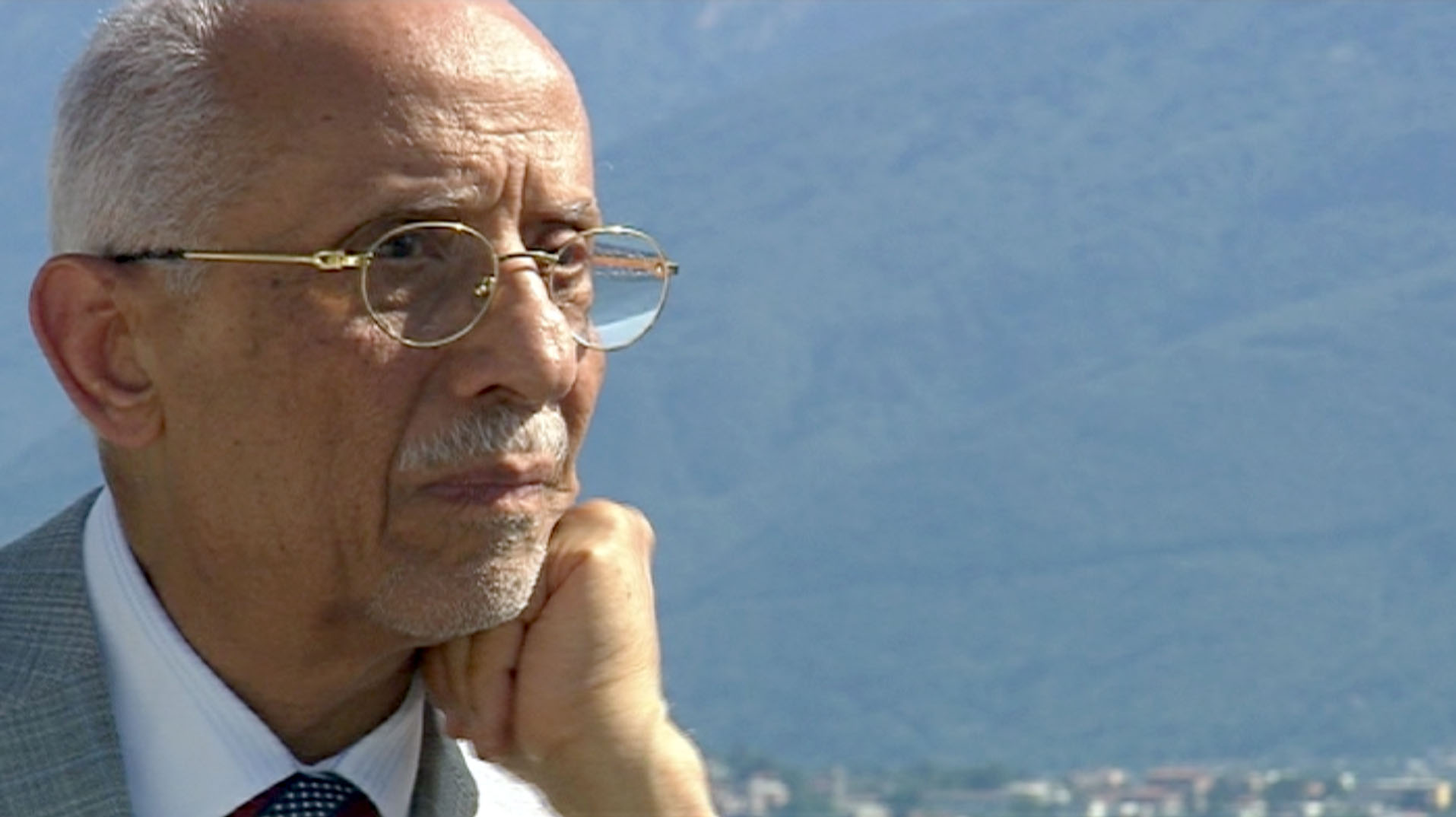
You can find an overview of ongoing debates with our journalists here. Please join us!
If you want to start a conversation about a topic raised in this article or want to report factual errors, email us at english@swissinfo.ch.